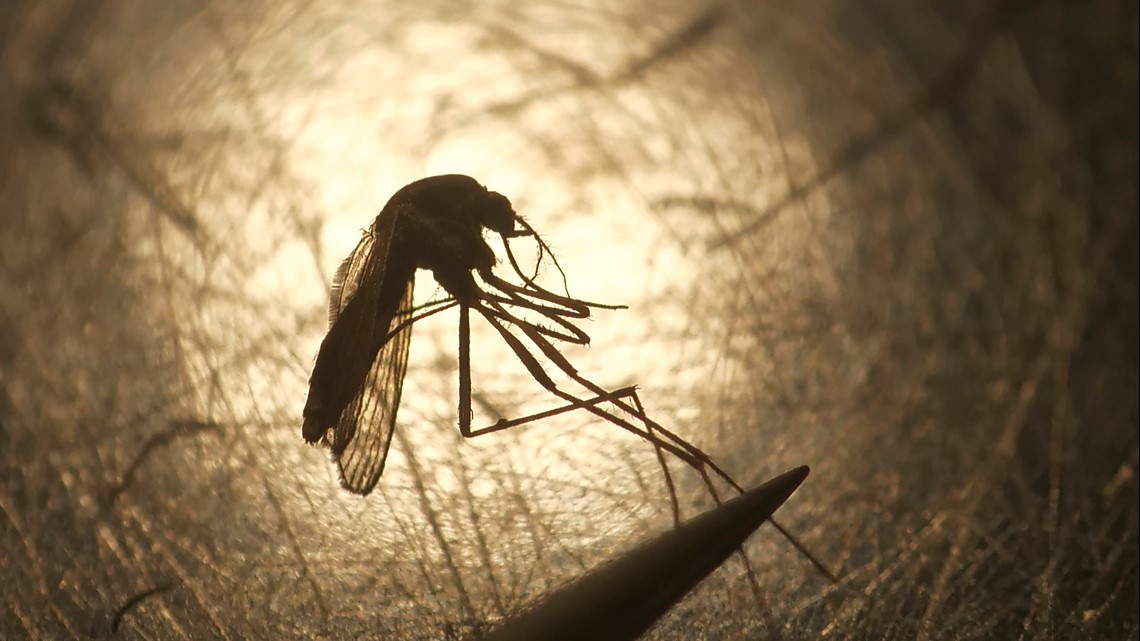Infection
Idaho’s first human West Nile infection reported
The resident, who is over 50, has been hospitalized but is “recovering and being discharged home,” according to the Idaho Department of Health and Welfare.
BOISE, Idaho — This article originally appeared in the Idaho Press.
A Washington County resident has Idaho’s first human case of West Nile virus this year.
The resident, who is over 50, has been hospitalized but is “recovering and being discharged home,” according to the Idaho Department of Health and Welfare.
“We strongly encourage Idahoans to fight the bite of mosquitoes to protect themselves and their families,” Dr. Leslie Tengelsen, state public health veterinarian, said in the release. “Confirmation of a human infection is a good reminder for all of us to take protective measures against mosquito bites. This includes wearing insect repellent and protective clothing in addition to reducing standing water around our gardens and homes where mosquitoes can lay their eggs.”
The report comes on the heels of the Canyon County Mosquito Abatement District asking for the public’s help in reducing the spread of West Nile, which has permeated the county. Washington County, which includes Weiser, is north of Canyon County, separated by Payette and Gem counties.
West Nile virus is spread via a bite from an infected mosquito. In some people, it can lead to severe disease. Symptoms often include fever, headache, body ache, nausea and in some cases, swollen lymph glands or a skin rash.
Last year, there were three reported human infections of West Nile virus in Idaho. Eleven cases, on average, have been reported each year for the last five years, the release said.
To protect against infection, the Idaho Department of Health and Welfare said people should avoid mosquitoes, which are most active at dusk and dawn. Also, people can cover up exposed skin when outdoors, and apply DEET or another EPA-approved insect repellent.
People can also repair or replace damaged screens to insect-proof their home and reduce standing water on their property. Toys, trays and pots can all hold water and should be drained. Bird baths, static decorative ponds and animal water tanks can be changed weekly to reduce mosquito habitats.
“WNV does not usually affect domestic animals, like dogs and cats, but can cause severe illness in horses and some species of birds,” the release said. “Although there is no vaccine for people, there are several vaccines for horses, which should be vaccinated annually.”
This article originally appeared in the Idaho Press, read more on IdahoPress.com.
See the latest news from around the Treasure Valley and the Gem State in our YouTube playlist:
https://youtube.com/watch?v=videoseries&list=PLggbABFJJpUD5fI-IlhqklBTFJbW9jkWo
HERE ARE MORE WAYS TO GET NEWS FROM KTVB:
Download the KTVB News Mobile App
Apple iOS: Click here to download
Google Play: Click here to download
Watch news reports for FREE on YouTube: KTVB YouTube channel
Stream Live for FREE on ROKU: Add the channel from the ROKU store or by searching ‘KTVB’.
Stream Live for FREE on FIRE TV: Search ‘KTVB’ and click ‘Get’ to download.

